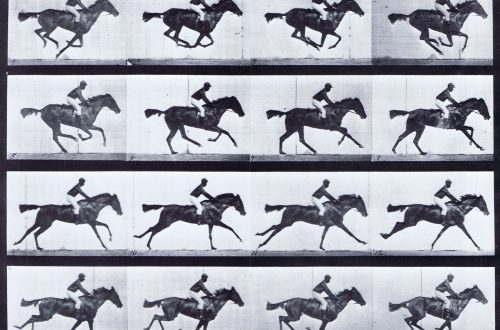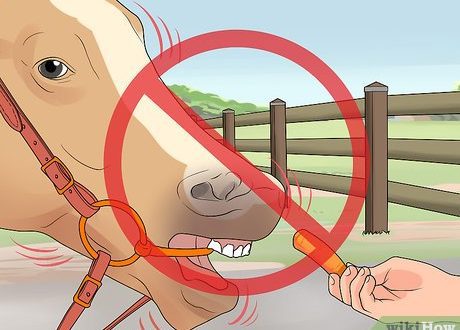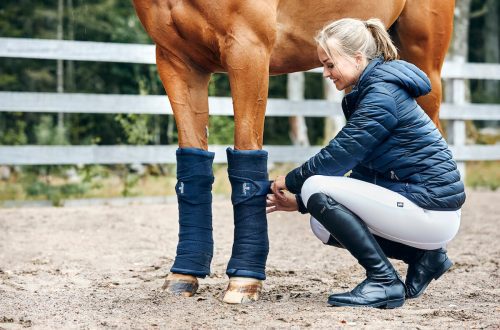
Does your horse need electrolytes?
Does your horse need electrolytes?
Your horse needs additional electrolytes:
- usually whenever she is under unusual stress. So, for example, it can be associated with a long trip in a horse carrier (from one hour or more), especially if the horse is not often transported or if the weather is very hot (from 27 degrees and above);
- when she works in conditions of heat and high humidity (such an environment complicates the task of removing excess heat from the body);
- if the horse sweats profusely;
- if she works harder or longer than she is used to.
Я not recommend give the horse electrolytes (other than freely available salt) dailywhen she is not in intense and heavy training and is not under stress. The fact is that regular intake of “excess” calcium can negatively affect the horse’s ability to mobilize calcium from its reserves when needed.
But if you are not sure if the horse will need additional electrolytes in case of a possible one-off stressful situation, give them to her. If you use the right source of electrolyte at the recommended dose, it will be completely harmless.
What ingredients should be in an electrolyte supplement?
Carefully study the composition of the supplement!
Look for combinations of chloride and/or acetate such as sodium chloride, calcium chloride or calcium acetate, potassium chloride – these are quickly and easily absorbed.
Избегайте products that use calcium phosphate (which the horse does not absorb very well), and those that contain as the first ingredient Sugar, dextrose, or corn syrup are listed.
It’s important: electrolytes containing bicarbonate are available for horses with diarrhoea. They can be harmful if used as an electrolyte supplement during times of stress and exercise.
If you need to supplement your horse’s diet with electrolytes and commercial products are not available, you can make supplement with electrolytes on your ownby combining salt (an excellent source of potassium and chloride) with sources of calcium and magnesium. However, such a supplement will not be as well absorbed as a commercial one.
Paste or powder?
I use Endura Max Electrolyte Powder Supplement. I mix 2 oz (3 oz on a really hot day) with water, applesauce, or fruit flavored yogurt; The sealed disposable cups are handy to take when you go out into the fields. I inject this suspension directly into my horse’s mouth with a 60cc syringe from which I first remove the needle. You can add electrolyte powders directly to your horse’s food before or after riding. But only if there is a need for it.
Electrolytes are also available as a paste in ready-to-use disposable metered syringes (similar to those used during deworming). They tend to be more expensive than powdered ones, but are easier to use on long trips. When choosing a product, do not forget to study its composition, check the labels!
When to give electrolytes?
An hour or two before your horse is stressed during transport or work. If you are going to a long walk or horse-drawn race, give electrolytes before loading, then again before you ride if you have an hour or more before the start.
On long hauls, stop every three hours to offer your horse some water and a chance to urinate, which is often difficult for him to do while riding in a horse carrier. Then give her electrolytes.
On long runs (for example, during a run), electrolytes are given every three or four hours. If the temperature and humidity are unusually high and unaccustomed to your horse (for example, because he usually stays cool during the day and goes out for a walk at night, or it is an unusually hot early spring day), or if the terrain is more difficult than the one to which the horse accustomed to, she will need electrolytes even during shorter rides of two or three hours. If you’re not using a heart rate monitor and can’t gauge how much your horse has overworked and how well it’s recovering, watch for outward signs of stress such as rapid breathing and constant sweating.
During the rest stop, offer the horse water and food first so that he can drink and eat first without the taste of salt in his mouth; save the electrolytes until you are ready to start working again. If the horse is sweating but not taking in water and food, this is a sign of a problem. Give her electrolytes, then let her rest – preferably in the shade – until her body balances itself again. If possible, help the horse cool off by dampening the coat with water. You can continue your trip if your appetite returns within about 15 minutes. If this does not happen, end the route immediately.
Jeannie Waldron, DVM (source); translation by Valeria Smirnova.





